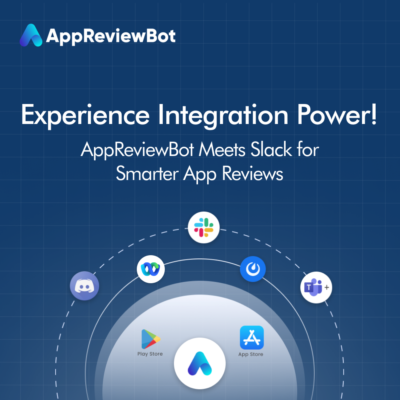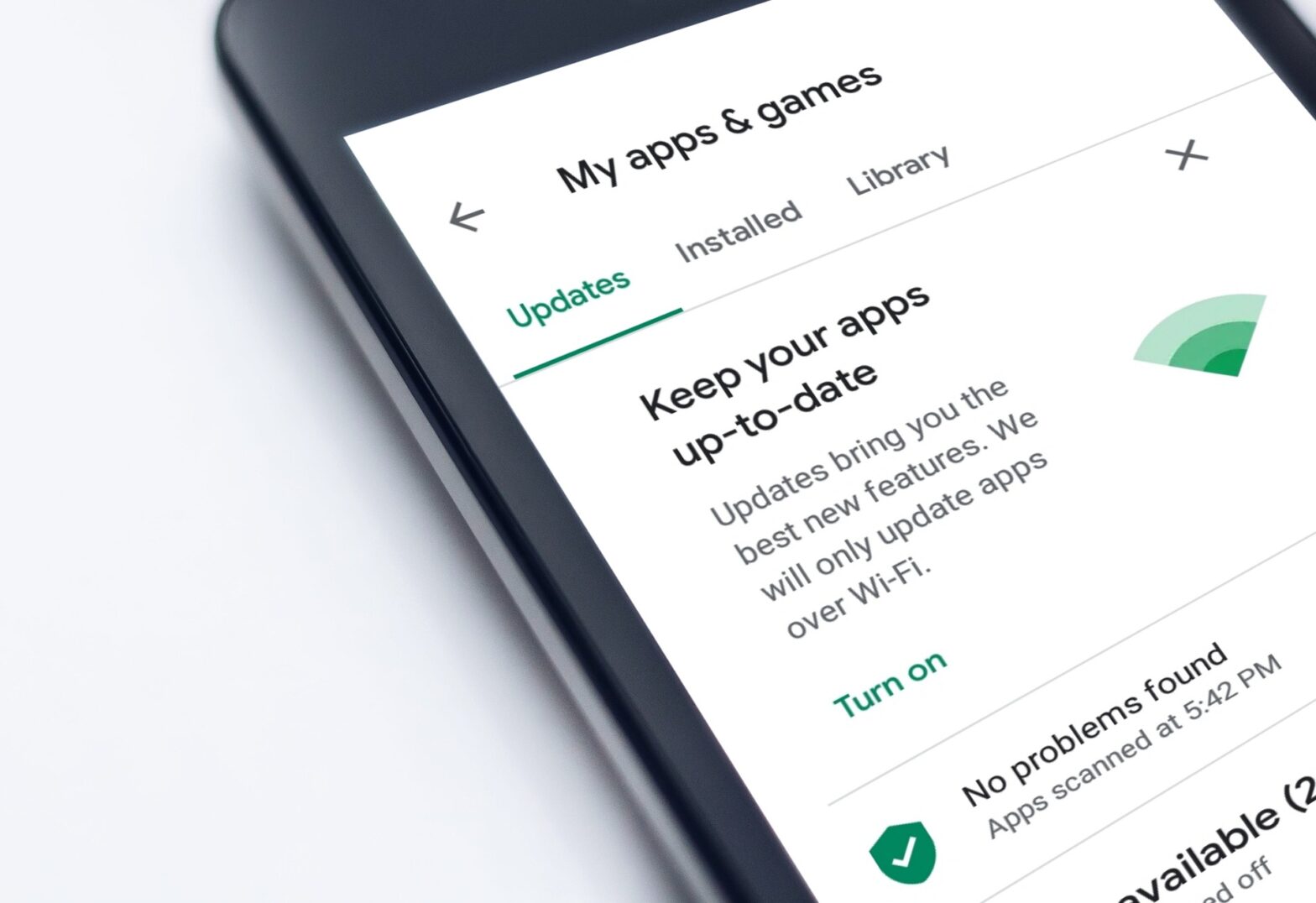The ultimate goal of the Google Play Store has always been to improve user experience by optimizing search results for their customers. The tech-giant does this by continuously developing algorithms that counter any malpractices by app marketers or developers aimed at acquiring an unmerited ranking. That’s why it is so important to always keep yourself updated with the most recent quality guidelines to avoid falling victim to the associated consequences.
In April 2020, Google published the latest guidelines on the dos and don’ts of metadata. So, let us take a look at what you need to observe to maintain consistency in your traffic and eventual conversions.
Google Play Store observation guidelines on crafting metadata
Avoid keyword stuffing
Basically, keyword stuffing involves overly repeating the same keyword or keyword phrase in your metadata — which results in high keyword density. Although this may seem quite obvious for a seasoned app marketer, the guidelines are now extra stringent. So, even as you strive to command traffic to your application, don’t try to outsmart Google App Store’s algorithms. Consider blending them organically to avoid unnecessary penalties.
Steer clear of restricted content
As per the Developer Program Policy that came into effect on August 12, 2020, apps that promote indecent practices like pedophilia cannot be tolerated anymore. Using vulgar language, sexual animations or illustrations, profane content, or one that fosters bestiality is a thing of the past.
But that’s not all. Avoid using words that signify hate speech, violence, terrorism, or attack a particular group. Also, note that applications that promote the sale of products like Marijuana are no longer supported.
Craft original metadata
If you have been stuffing names of your competitor in your metadata in a bid to rank better, consider rewriting them because, from now on, you will definitely experience a drastic fall in your app store ranking if you use this practice. Also, do not write metadata that is similar to that of a competitor. Google is working on restoring the authenticity and reliability of the platform.
Warning to Blacklisted apps
Just after the launch of this update, AppTweak, an App Store Optimization (ASO) tool, recorded abnormal statistics for applications that have a history of ASO malpractices. That implies all blacklisted applications are being closely monitored, and may even be pulled down in case their metrics don’t change soon. So, in case your app falls in this category, truth be told — it’s time to revisit your metadata!
Delete dishonest reviews
Google noticed that some marketers are mobilizing anonymous users to publish dishonest reviews as part of their ASO strategies. That’s why it is wise to delete them right away before Google’s algorithms catch up with you. Going forward, only reviews from genuine users will be published.
The bottom line in the Google Play Store
What stands out from the entire update is pretty clear—HONESTY. As we mentioned in the beginning, Google is only looking to improve user experience by retrieving precisely what the user searches. But that cannot be reached with these metadata malpractices. So, to be on the safe side, be sure to observe all these guidelines.





 0
0



